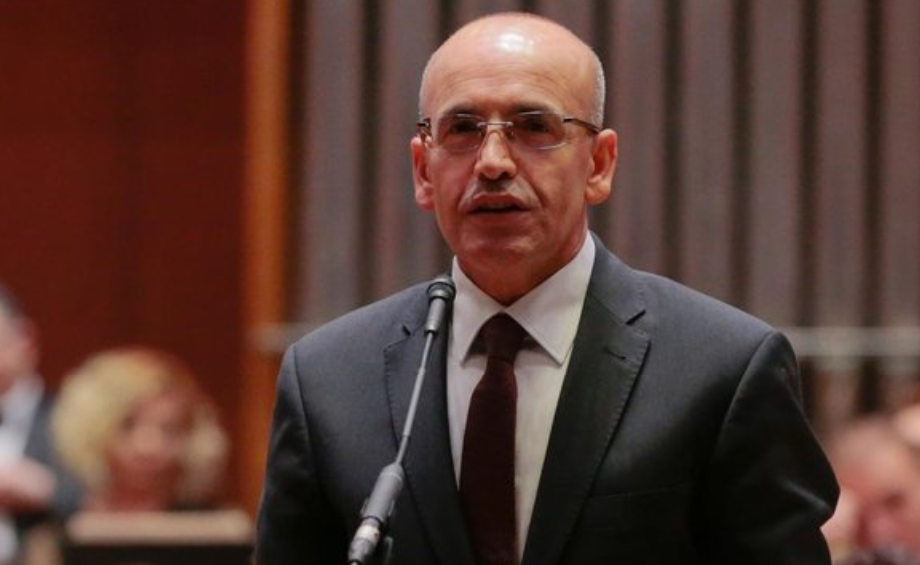Talking to pro-AKP daily Hurriyet, Minister of Treasury and Finance Mehmet Şimşek stated that the medium-term program is working: “The steps we have taken have started to yield results. We will execute the program with patience and determination, but we need time. “There is no shortcut or easy solution, but when we look at the developments in many areas in the last few months, you will see that the program is making progress and we are on the right track,” he said.
Speaking to Hürriyet, Şimşek emphasized that predictable and rule-based policies implemented under his reign increased Turkey’s resistance against global economic fluctuations; while at the same time differentiating Turkey positively among other Developing Nations.
Success list: “Decrease in risk premiums, acceleration in international capital inflows, increase in our reserves…”
Noting that price stability, financial discipline and structural transformation stand out as the main targets, Şimşek said, “The implementation of this program has also aroused confidence in the international arena, and we have started to see concrete results. The decrease in CDS risk premium, the acceleration in international capital inflows, the increase in Central Bank FX reserves and declining exchange rate volatility are beacons of this success.
CDS premiums, which shows our country’s risk perception, was over 700 basis points in May, only to drop to 319 basis points as of December 13. “While the CDS risk premium of 22 developing countries, including Turkey, decreased by an average of 74 basis points compared to May, there was a much higher decrease in our country’s risk premium by more than 370 basis points,” he said.
Banks and companies increase borrowing from abroad
Pointing out that banks and companies have been active in international financial markets recently, Şimşek said, “There is a high demand for the security issues made by banks in international markets. While the foreign debt rollover ratio, including bonds, was 96 percent in the January-May period, this rate increased to 141 percent in the June-October period. When we look at the non-banking private sector, there is a similar picture. “While the foreign debt rollover ratio, including bonds, was 74 percent in the January-May period, it increased to 109 percent in June-October.”
Exit from KKM (FX protected deposit insurance scheme)
Noting that there was an outflow from exchange rate protected deposit (KKM) accounts, Şimşek continued as follows:
“With the normalization in monetary policy, Turkish Lira yields started to increase. KKM stock was 3.3 trillion lira on August 25. As of December 1, decreasing to 2.7 trillion lira [as of last Thursday].
“We are reviewing all exemptions and deductions in our tax legislation.”
Stating that they are reviewing the basic tax laws and making the necessary reforms, Şimşek signaled the first attempt at structural reform, “We are in the process of expanding the tax base and increasing the share of direct taxes, ensuring simplicity in taxation, removing ineffective exceptions, combating informality and increasing tax compliance, and encouraging foreign exchange-generating activities.” “We are reviewing all exemptions and deductions in our tax legislation, as included in the MTP,” he said, suggesting closing loopholes and cracking down on tax evasion will replace new taxes as the main pillar of fiscal re-balancing.
Follow our English language YouTube videos @ REAL TURKEY: https://www.youtube.com/channel/UCKpFJB4GFiNkhmpVZQ_d9Rg
And content at Twitter: @AtillaEng
Facebook: Real Turkey Channel: https://www.facebook.com/realturkeychannel/
